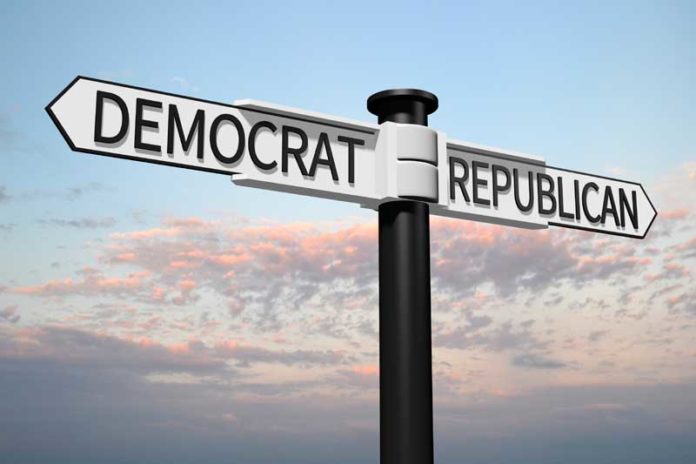After a catastrophic 2014, Democrats figure they’ve already hit rock bottom–and are ambitiously optimistic about the possibility of retaking the Senate in 2016.
But, overall, the odds of victory are far less likely than Democrats’ think.
On face, the 2016 map is more favorable to Democrats than the 2014 one was–they need to defeat just 5 Republicans, all of which can be done in states that Obama won twice.
But Democrats forget that these Republicans aren’t representing deep blue states: they’re representing states that only narrowly went for Obama, like Florida, Iowa, Wisconsin, and New Hampshire. Republicans in these states will be substantially harder to beat than Democrats representing red states like Louisiana and Arkansas, as was the case in 2014.
Worse, the Democrats are off to a weak start when it comes to recruiting legitimate Senate candidates.
In Pennsylvania, for example, former Congressman Joe Sestak–who lost against Republican Senator Pat Toomey–is the only Democrat running in Pennsylvania. Leaders of the Democratic Party, to put it simply, don’t like him–and he’s currently running without the backing of any major Democrats.
Stories like that abound all across the country: Democrats, who have been wiped out in statehouses and in Congress, simply don’t have a deep bench for potential Senate candidates.
In many cases, like Wisconsin or North Carolina, the favorites to be the Democratic nominees are previous Senate losers: former Senators who only recently lost re-election bids. That’s hardly a vote of confidence for their chances to win over their states again.
Compounding weak recruiting, Democrats are also vulnerable in seats they already hold in purple states–and will have to spend considerable resources defending them from Republican challengers. Senator Harry Reid of Nevada and Senator Michael Bennet of Colorado are both wildly unpopular in their home states–and only narrowly escaped defeat in 2010 when they ran against a pair of very weak Republican candidates.
While 2016 will be a close-fought election, Republicans are in far between position than the Democrats think today–having possibly large impacts on the political makeup of 2016.



























